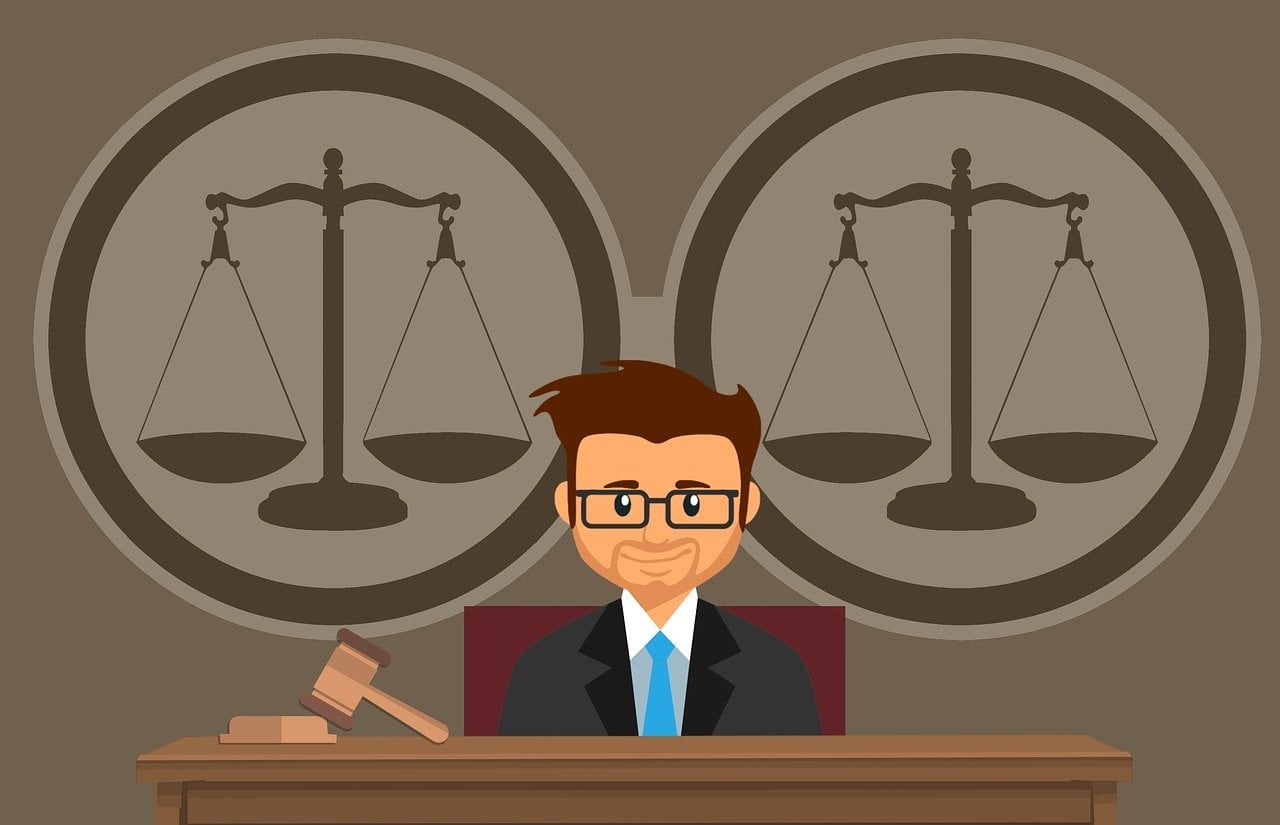A retirement reform bill has been a long time coming, and not without plenty of deliberation from Congress. Congress has finally compromised and come to an agreement. President Donald Trump signed the new law, the Setting Every Community Up for Retirement Act, on Dec. 20, 2019. The SECURE Act makes numerous changes, some of which affect retirees directly.
Q4 2019 hedge fund letters, conferences and more
If you’re a financial advisor, retiree, beneficiary, or retirement plan administrator, you’ll definitely want to examine how this act affects you and your clients.
What Does the SECURE Act Affect?
Like any Congressional law, the SECURE Act is multifaceted. In addition to offering new tax incentives, the bill also expands rules around how retirees can use their individual retirement accounts. It establishes new regulations for part-time workers and retirement plan structures, too. One of the bill’s main objectives is to boost retirees’ access to tax-advantaged accounts while helping keep seniors from outliving their assets.
For individuals, the SECURE Act may completely change their estate and legacy planning. For example, the act eliminates stretch IRAs, which were previously a popular estate planning tool. Individuals could leave their IRAs to kids or grandkids to use whenever and however they wanted. Now, the beneficiaries have only 10 years to use the money. There’s still charitable benefit to leaving pre-tax IRAs to nonprofit organizations (especially because they never have to pay tax on them), but it’s a big enough change to give people pause and make them pick up the phone to call their estate planning attorneys or financial advisors.
The SECURE Act also pushed the required minimum distribution age from 70 ½ to 72. This certainly simplifies things (no more calculating half birthdays, for example), but it also allows people who live longer to hang onto their money longer. Plus, people are now allowed to contribute to an IRA no matter how old they are, provided they have earned income — a long overdue update considering the number of seniors in the workforce today.
A couple of other small updates to note: 529 plans can now be used to pay off student loan debt, and parents can now take up to $5,000 out of their 401(k) accounts without penalty to support the birth or adoption of a child. The 529 update will likely have little impact, because 529s are usually depleted anyway before a student goes into debt. However, the 401(k) withdrawal will help young parents who are burdened by the cost of having kids.
Which Changes Will Have the Biggest Impact?
No major reform happens without a ripple effect. Here’s what you should know in light of the SECURE Act’s changes:
1. Financial advisors will want to discuss clients’ posthumous wishes.
Asking clients about their legacy goals has always been a key part of financial planning, but now it’s at the very forefront. Financial advisors would be wise to ensure that clients’ wishes actually match how their accounts and estate plans are set up, if they’re even set up at all. The number of Americans with estate planning documents — or even a will — has decreased by nearly 25% in the past two years.
Financial advisors should always keep future wealth transfers top of mind by engaging with the clients’ heirs, offering family meetings, and having conversations with future generations. Baby Boomers are expected to transfer $30 trillion in wealth to younger generations over the next few decades, so it’s vital that advisors establish these relationships now.
2. Future wealth transfers will impact your heirs differently.
Think in terms of the overall tax impact on your inheritors. When you see the trickle-down effects of taxes, it may impact your legacy decisions. With the elimination of the stretch IRA, it’s possible that beneficiaries will inherit huge tax bills, and ultimately less money, without financial guidance.
Also consider who your heirs are. Are they over age 65 and listed as beneficiaries of large tax-deferred accounts? Having that forced stream of income can result in higher Medicare costs. Required minimum distributions are included in the modified adjusted gross income used to determine Medicare parts B and D costs two years later.
3. There’s a new relationship between legacy and charity.
If you’re charitably inclined, the SECURE Act offers tremendous opportunity for you to couple charitable donations with passing on more to your heirs. In other words, you can reduce the tax impact on your heirs while still giving to a cause you care about — a win-win.
By listing a charitable remainder trust as beneficiary of your traditional IRA, you can get around the elimination of stretch IRAs. After your death, the IRA would be transferred to the charitable remainder trust. Every year after, your heirs would receive a fixed percentage of the IRA. When they pass on, the remainder of the IRA would go to charity. This mimics the stretch IRA provision but still works under the new law.
For example, someone who is over 70 ½ years old can couple qualified charitable distributions of up to $100,000 with Roth conversions. The SECURE Act did not change the age at which qualified charitable distributions can be done, only the age at which RMDs must be taken. Those younger than 70 ½ years old may instead be able to offset a Roth conversion with a charitable donation through the tax deduction.
4. More opportunities are opening up for employee retirement plans.
With regard to tax-advantaged accounts, the SECURE Act makes it much easier for small businesses to set up 401(k)s for their employees, because the limit for auto-enrollment in safe harbor plans is now higher. Employers get rewarded for creating auto-enrollment 401(k) and SIMPLE IRA plans with a maximum tax credit of $500 a year. If they so choose, employers can also include annuities in retirement plans in order to reduce their liability with insurers.
Effective in 2021, businesses from different industries will also have the option to join forces and pool the costs of creating retirement plans under a single plan provider (multiple employer plans). Employers are now able to adopt entirely employer-funded retirement plans up to the due date (including extensions) of the employer’s tax return. All in all, the changes bring greater flexibility and more tax advantages for business owners.
The SECURE Act impacts not just retirees, but also heirs, small businesses, and others. In light of these changes, it’s critical that financial advisors understand their clients’ legacy goals now more than ever.
About the Authors








